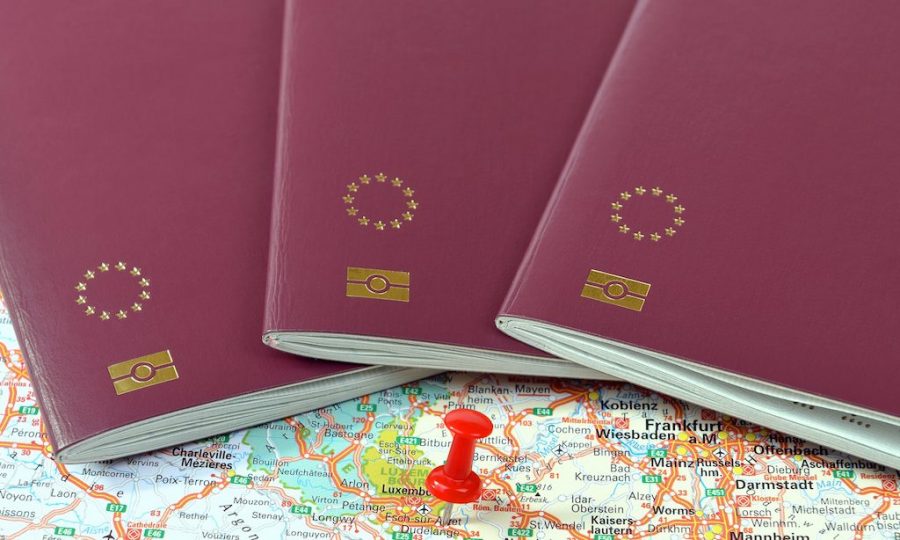The European Commission (EC) is finalising an extensive report on schemes granting EU citizenship to investors, and will be publishing the report in full by the end of 2018, a spokesperson for the EC has confirmed.
Speaking to The Malta Business Observer, a European Commission spokesperson said that the EC had committed to producing a report on national schemes granting EU citizenship to investors, “describing current national law and practices, appropriate Commission actions in this area and guidance for member states, including on the necessary background checks for applicants.”
“The Commission’s Report will be largely based on an in-depth fact-finding study, which will look in detail at legislation and practice in all member states concerned. Work on this study is currently being finalised,” the spokesperson told the Malta Business Observer. “The Commission envisages therefore publishing its report on schemes granting EU citizenship to investors by the end of the year.”
In previous correspondence with The Malta Business Observer, the spokesperson had confirmed that the report will, “among other matters, consider the transparency of information on applications for citizenship for such schemes.”
Since 2014, Malta has sold citizenship to more than 700 people, most of them extremely wealthy individuals from Russia, ex-member states of the former Soviet Union, China and the Middle East. While the list of people who acquire Maltese citizenship is regularly published in the Government Gazette, a distinction is never made between who bought citizenship and those who became Maltese citizens through other means, such as naturalisation. This has led to concerns about the transparency of these programmes.
Last week, both of the programmes which such individuals can use to acquire citizenship – Malta’s Individual Investors Programme (IIP), and the Malta Residence and Visa Programme (the Malta Programmes) – came under fire, after Malta was added to the Organisation for Economic Cooperation and Development’s (OECD) blacklist.
However, the island’s inclusion in the blacklist has also been met with protests and rebuttals. The Finance Ministry issued a statement, stating that the only reason Malta is currently blacklisted for selling citizenship is due to a ‘misunderstanding.’
“In response to the OECD letter sent on the 23rd of March 2018 concerning the Malta Programmes, the Minister underlined the fact that Malta, as an EU member state, abides by the EU agreed directive on automatic mandatory disclosures,” the statement from the Finance Ministry said. “Furthermore, Malta has not only cooperated in the discussion and compilation of information on such schemes, but also made a number of commitments so as to further mitigate any potential risks. This shows Malta’s commitment to ensure that the Malta Programmes are not used for the purpose of circumventing the CRS.”
The Ministry also emphasised that “persons benefiting under the IIP and the MRVP do not automatically become resident for tax purposes in Malta nor are they granted any tax-related benefits once a person obtains citizenship/residence through such schemes.”
The Ministry said it looked forward to further engagement with the OECD so that “a proper analysis is carried out and the Malta Programmes are removed from the stated category. ”
This article originally appeared in The Malta Business Observer
Republished from maltachamber.org.mt





